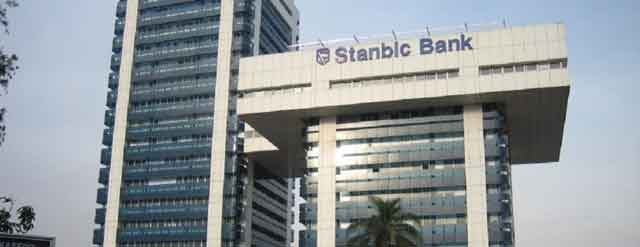
Kampala, Uganda | THE INDEPENDENT | Banking institutions in May restructured loans worth Shillings 2.5trillion as more businesses and individuals applied to have their loan repayments halted due to disruptions by corona virus-COVID-19.
This is more than the Shillings 2 trillion that were restructured in April 2020.
Wilbrod Owor, the Executive Director Uganda Bankers’ Association-UBA told reporters on Tuesday that they received 593,539 applications in May worth Shillings 3.4trillion for restructuring.
They managed to process 588,474 applications worth Shillings 2.5trillion – equivalent to 99.1% of all those that applied. Trade and SMEs, building and real estate, agriculture and services led the pack of those that needed to their restructured.
When the government ordered the lock down to stop the spread of corona virus, Bank of Uganda asked banks to restructure loans and give businesses or individual borrowers time to recover and be able to start servicing their loans.
Businesses shut down and order that people stay at home meant that many were not working and could hardly meet their loan obligations. In April, when the central bank asked commercial banks to restructure loans, at least 758,785 applications were sent in worth Shillings 2.7 Trillion. Applications worth Shillings 2trillion were granted a restructure.
Recovery of business may drag on, Owor said. This means that after the 12 months that BOU had asked banks to restructure loans, more time may be added for those that will take long to recover.
Currently, banks are sitting on Shillings 783billion of Non-performing loans or 5.4% of the total loan book as at the end of March 2020 up from Shillings 666billion in December 2019.
Non-performing loans are an indicator of a bad economy where borrowers are unable to work and honor their loan obligations. For the Non-performing loans, banks still have hope of recovering it.
Owor said they expected the loans not being paid to reach at least 12% of the entire industry loan. BOU Governor Emmanuel Tumusiime-Mutebile warned this month that he might be forced to impose interest rate caps for banks to reduce their lending rates.
Some people have said high-interest rates are one of the reasons why some borrowers struggle to fulfill their loan obligations midway.
********
URN
 The Independent Uganda: You get the Truth we Pay the Price
The Independent Uganda: You get the Truth we Pay the Price



